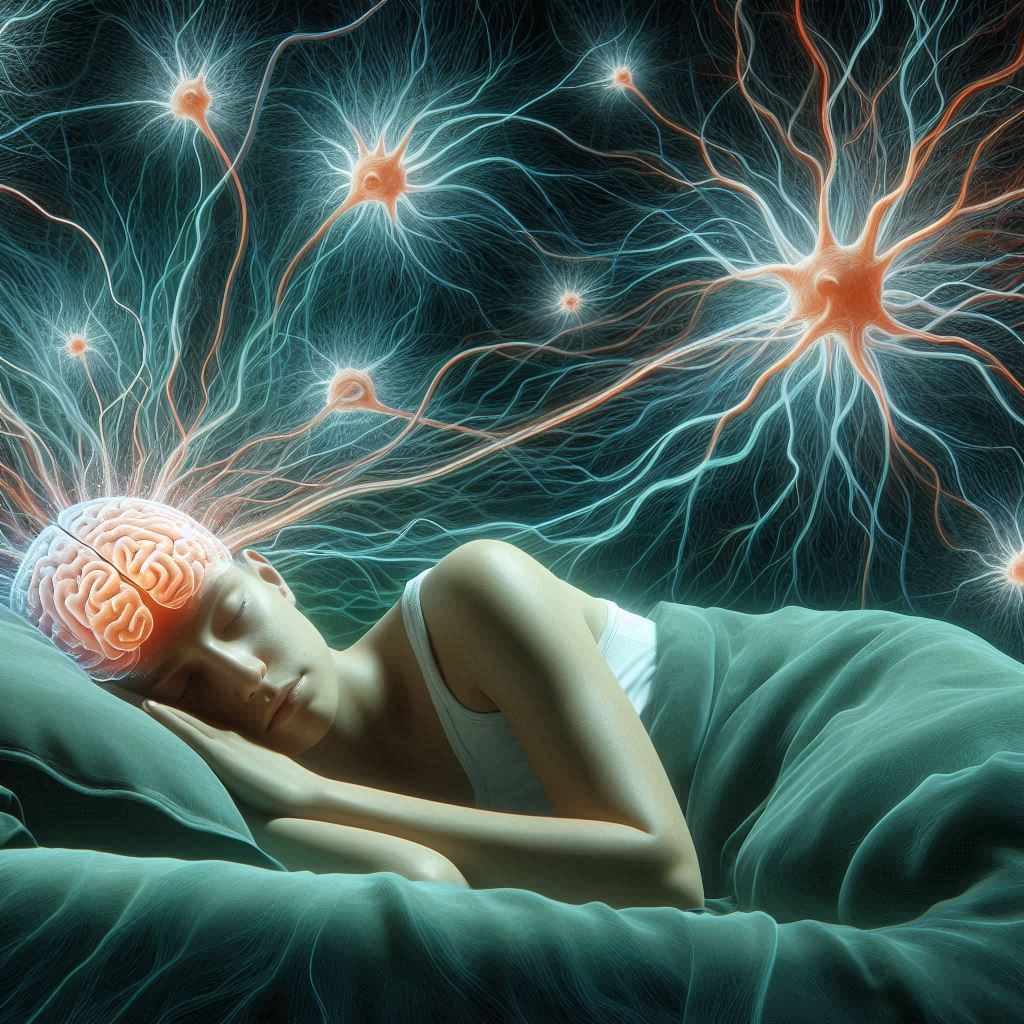Imagine that you are on the eve of a big final exam. Are you tired, but you need to memorize everything, and faced with a choice: sleep or study all night? Most students who have been in this situation instinctively know that sleep deprivation can impair information retention. But what does science tell us about why this is? Two innovative studies from University of Michigan Exploring the depths of the brain to uncover the crucial role of sleep in memory formation. These results reveal how specific neurons in the hippocampus, the area of the brain responsible for memory, are affected by sleep deprivation. Imagine a mouse exploring a maze. As he navigates the trails, certain neurons in his hippocampus fire at different points along the way. These “spatial neurons” act as a mental map that helps the animal orient itself and remember the path it has taken.
But what happens to these neurons during sleep? The study he led Kamran Diba, Ph.D., and Kourosh Mabudi, Ph.D.., published in Nature magazine, offers an interesting insight. During sleep, the hippocampus emits electrical waves called spikes. These synchronized ripples, like an orchestra playing in perfect harmony, travel through the brain, connecting different areas and facilitating communication between neurons. Depa’s team used innovative techniques to track the activity of these neurons during sleep in mice that had just explored a maze. By analyzing the timing of the spikes, the researchers were able to observe where neurons were firing together and which memories of the maze were reactivated during sleep. The study reveals that sleep is not limited to preserving memories only. During spike spikes, spatial neurons not only reactivate their experiences in the maze, but also modify their connections, strengthening or weakening depending on the relevance of the information.
“It’s as if the brain is refining the mental map of the maze during sleep.” “Neurons representing important pathways connect more strongly, while those representing dead-ends become weaker. This makes maze memory more accurate and efficient.” The second study, led by Deepa and Papon Giri, Ph.D., also published in Nature, investigates the effects of deprivation. Of sleep on memory formation. By comparing the brain activity of normally sleeping mice with that of sleep-deprived mice, the researchers found that lack of sleep significantly impairs the reactivation and restoration of memories. During sleep deprivation, sharp wave ripples continue to appear, but with greater amplitude and strength Less. This imbalance in the rhythm of waves appears to affect the ability of neurons to communicate and reactivate memories effectively.
“It’s as if the sleep orchestra is playing out of tune,” Diba compares. “The notes are still there, but the melody is distorted, making communication between neurons and the formation of memories difficult.” Although sleep-deprived mice later regain lost sleep, memory reactivation and replay do not fully recover. This suggests that sleeping at the right time is crucial to consolidating and strengthening memories. Studies like this one from the University of Michigan provide a fascinating look at the essential role of sleep in memory formation. By showing how sleep regulates the reactivation and consolidation of memories in the hippocampus, it reinforces the importance of a good night’s sleep for learning and retaining information. For students preparing for tests and exams, the message is clear: Setting sleep priorities is just as important

“Hardcore beer fanatic. Falls down a lot. Professional coffee fan. Music ninja.”






More Stories
The law allows children and adolescents to visit parents in the hospital.
Scientists pave the way for the emergence of a new element in the periodic table | World and Science
Can dengue cause hair loss? Expert explains how the disease affects hair